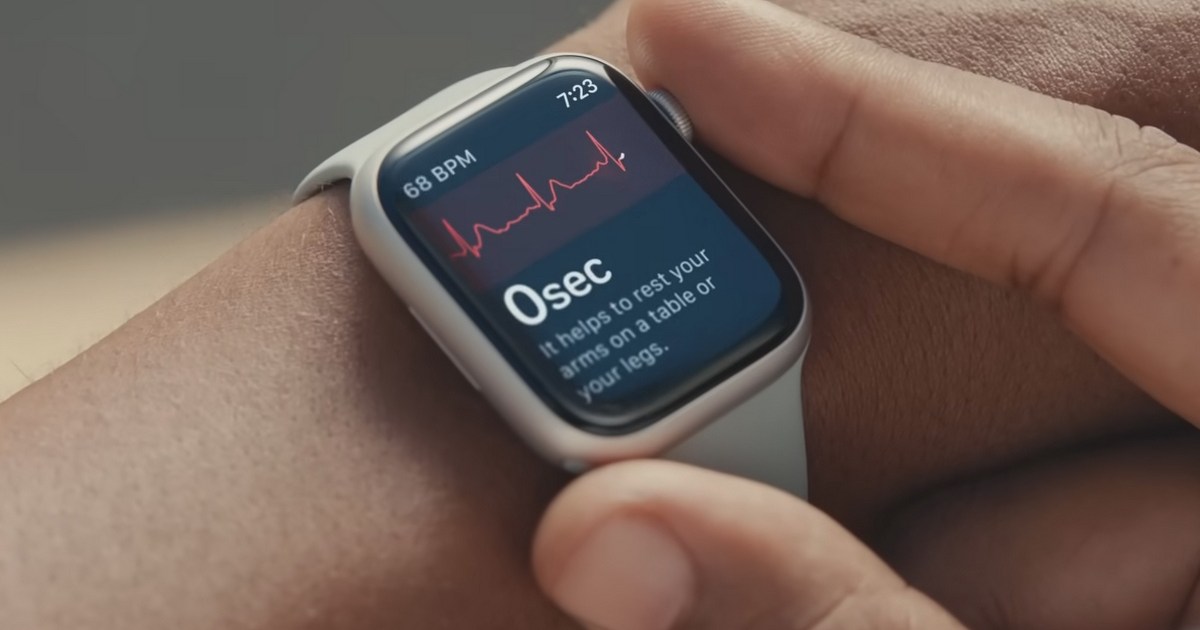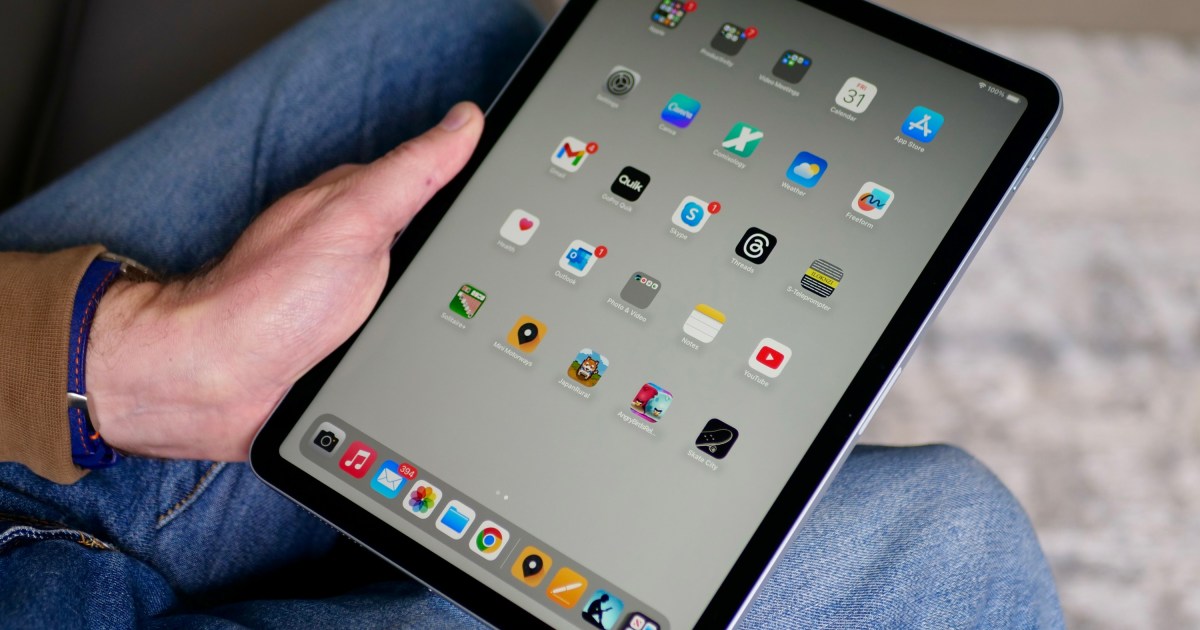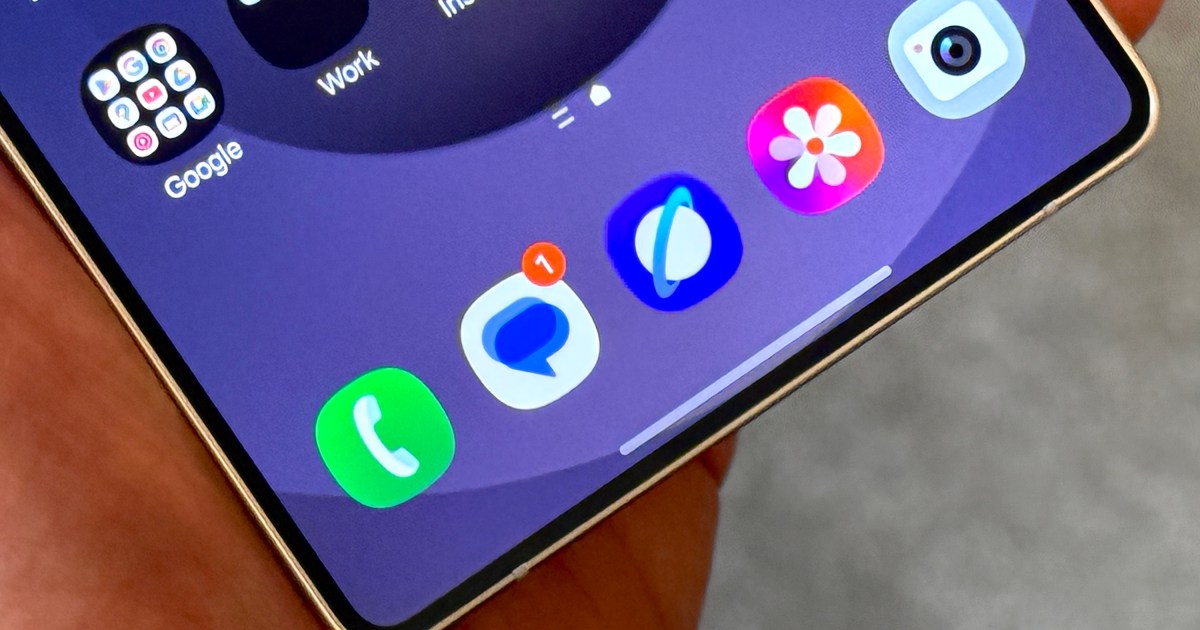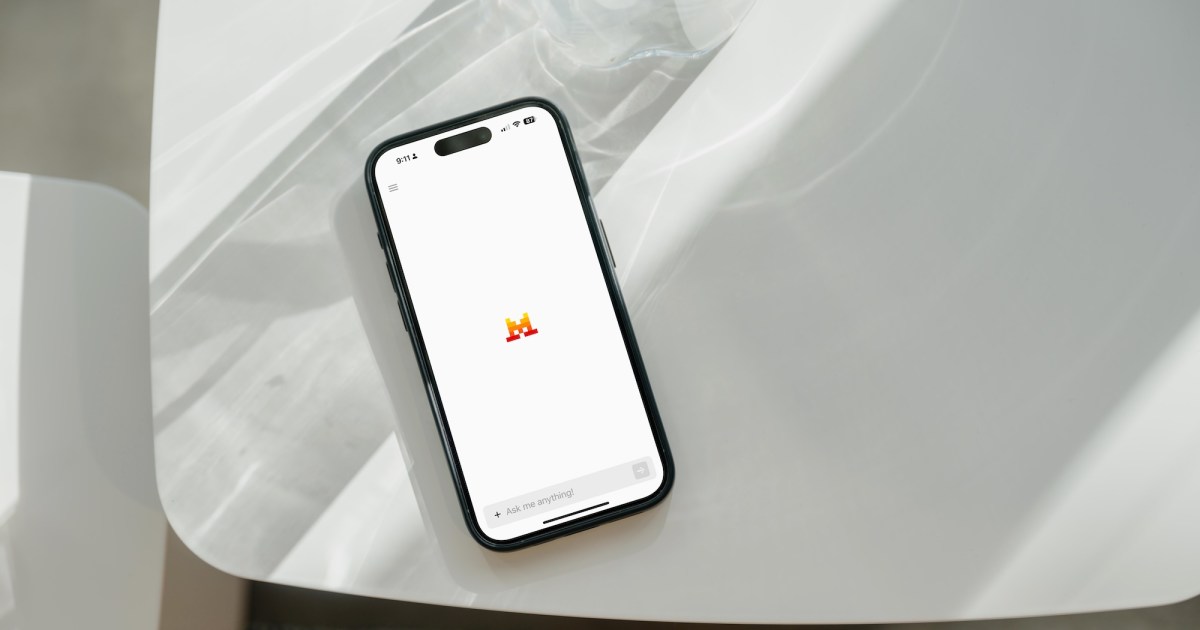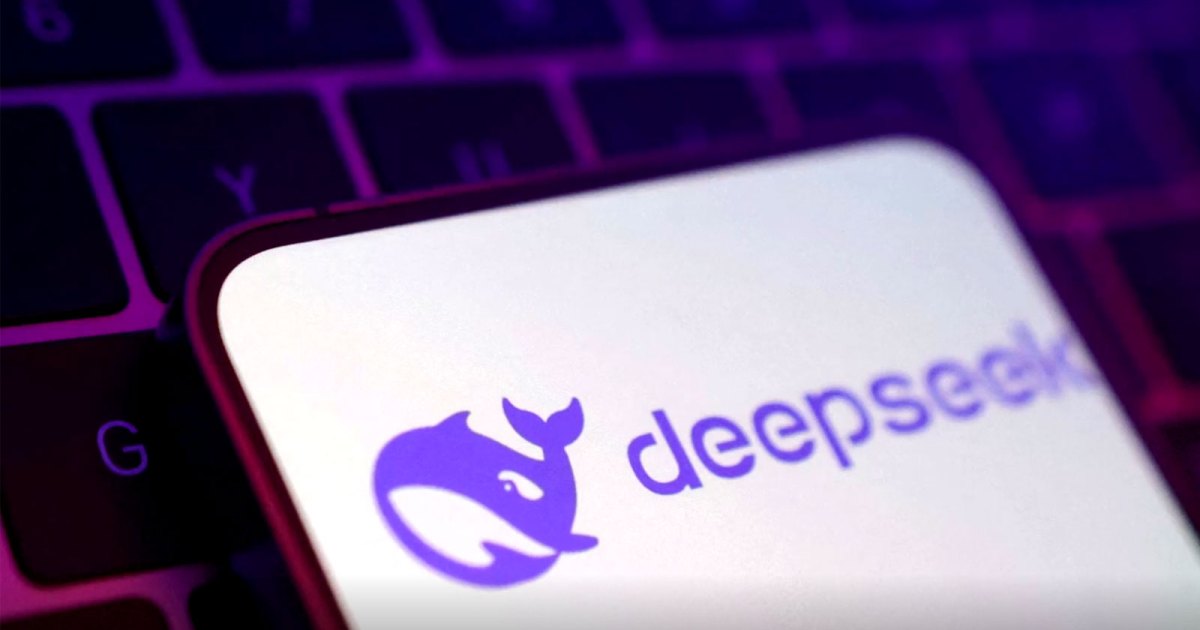Apple is once again facing a critical security challenge that could jeopardize the privacy of iPhone users worldwide. The British government has reportedly ordered Apple to provide “blanket” access to encrypted data stored on iCloud, potentially undermining the security features Apple has championed. This demand, shrouded in secrecy, raises significant concerns about user privacy and the future of data security.
Apple has a history of resisting government requests for backdoor access. In 2016, the company famously refused the FBI’s demand to unlock an iPhone, a stance reiterated in 2021 when Apple sued an Australian company that had unlocked a device for the FBI. This latest challenge from the UK government represents a significant escalation in the ongoing battle between tech companies and governments over encryption and data access.
At the heart of this conflict is Apple’s Advanced Data Protection, a feature introduced in 2022 that provides end-to-end encryption for iCloud data. This ensures that only the user, after proper authentication, can access their stored information, including photos, notes, messages, and other sensitive data. Even Apple cannot access this encrypted data.
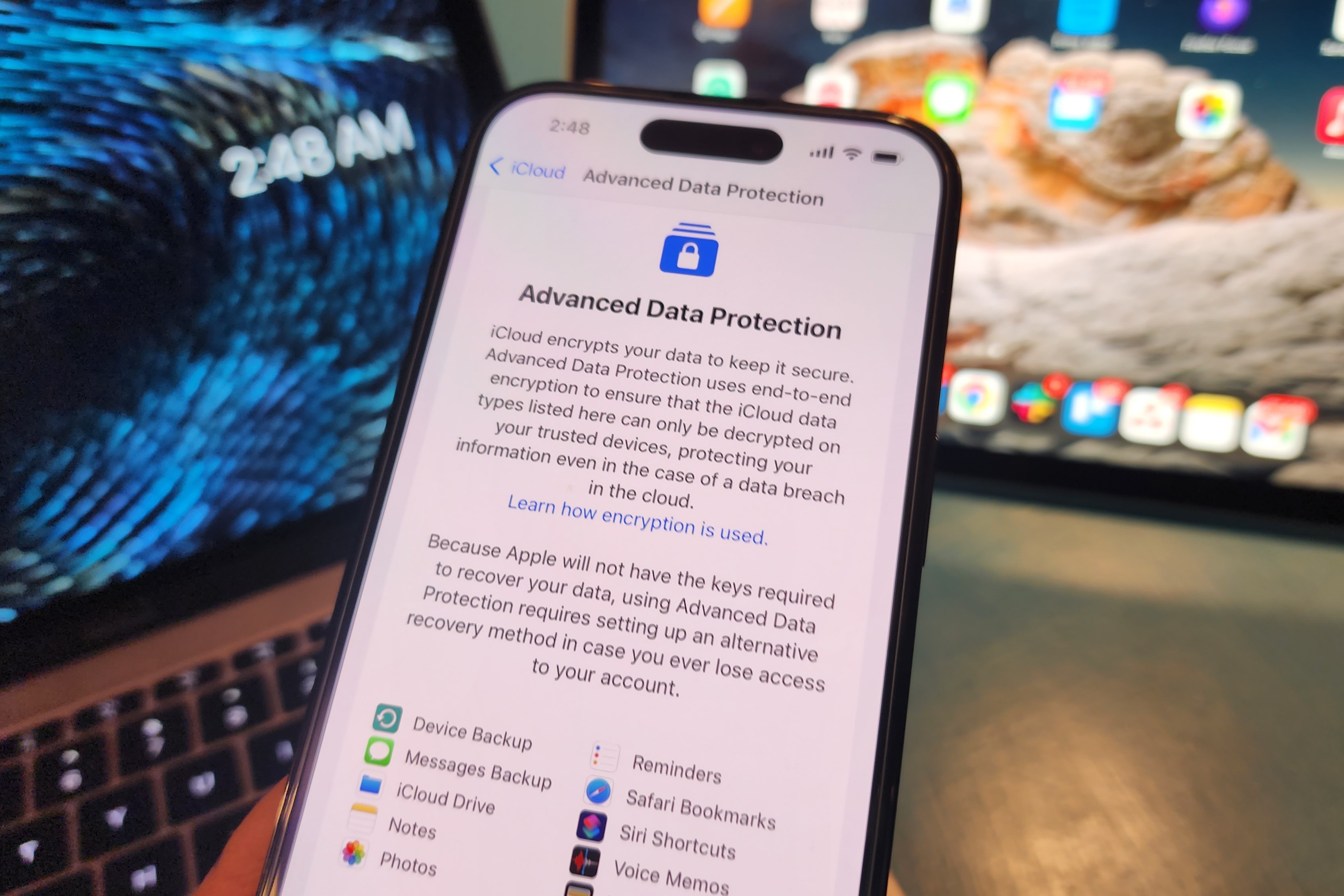 Advanced Data Protection feature on iPhone.
Advanced Data Protection feature on iPhone.
The Snooper’s Charter Strikes Again
The UK government’s demand reportedly stems from the Investigatory Powers Act (IPA) of 2016, often referred to as the “Snooper’s Charter.” This controversial law grants law enforcement agencies broad powers to compel companies to provide access to user data. The IPA’s reach was further expanded in 2024, raising concerns from civil liberties organizations like Liberty, which is currently challenging the law’s provisions.
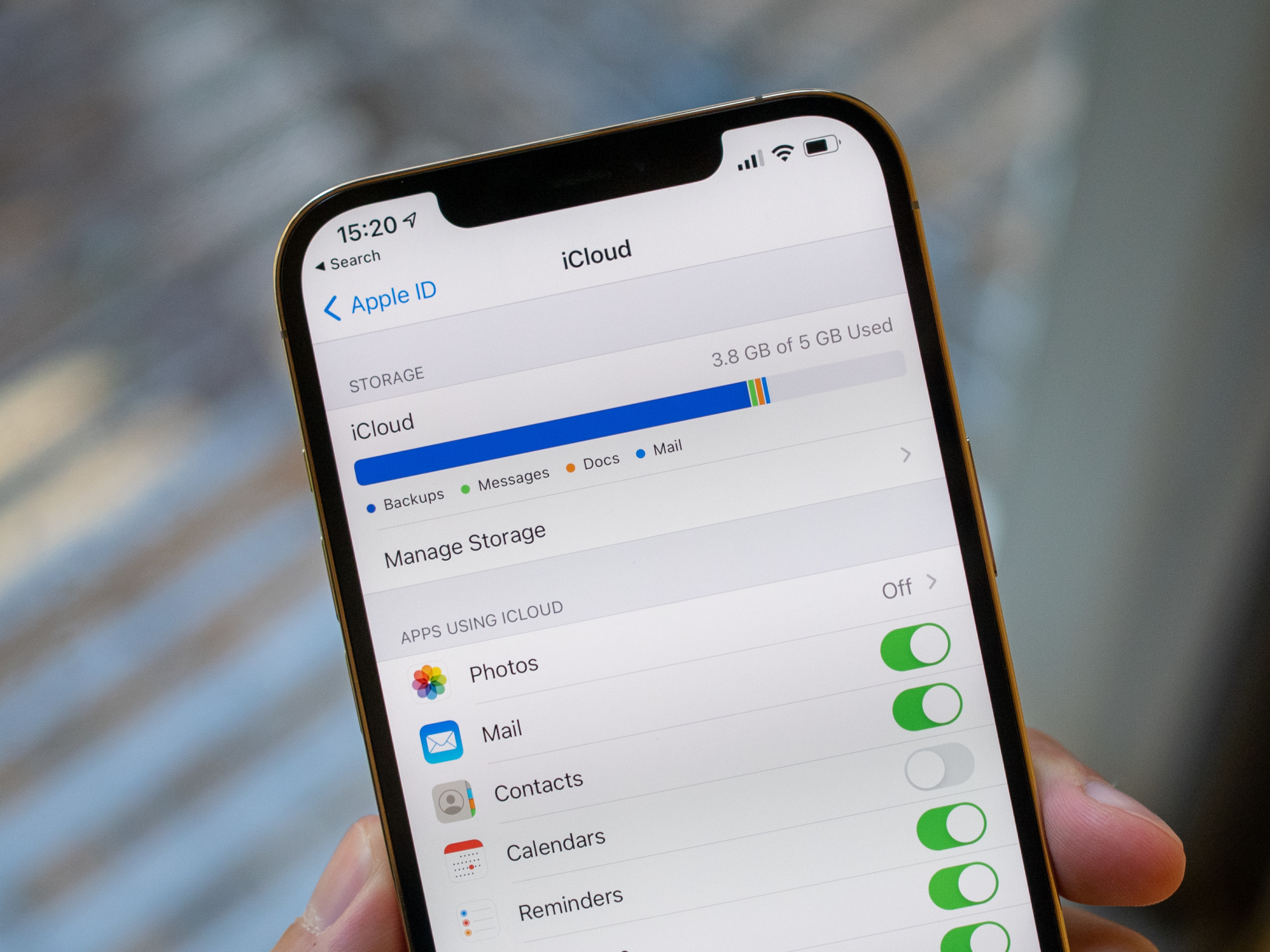 iCloud storage on the iPhone 12 Pro Max
iCloud storage on the iPhone 12 Pro Max
The IPA operates under a veil of secrecy, making it a criminal offense to even disclose a government request made under its authority. Apple has previously clashed with the UK government over IPA-related demands, threatening to remove services like iMessage and FaceTime from the UK market rather than compromise user security.
A Global Threat to iPhone Security
This latest order presents a particularly troubling scenario. Apple can appeal the decision, but UK law prevents the company from delaying compliance. Even more concerning, Apple would be prohibited from informing users about any weakening of their iPhone’s security. This lack of transparency prevents users from making informed decisions about their data security.
The implications of this demand extend far beyond the UK. If Apple complies, it sets a dangerous precedent for governments worldwide, potentially encouraging authoritarian regimes to demand similar access. This comes at a time of heightened cybersecurity concerns, particularly regarding state-sponsored hacking activities, highlighting the importance of strong encryption for protecting sensitive information.
A Precarious Future for Data Privacy
The UK government’s demand for backdoor access to iCloud data represents a significant threat to user privacy and the future of data security. Apple’s response to this challenge will have far-reaching consequences, shaping the landscape of digital privacy and the balance between national security and individual rights in the digital age. The outcome of this confrontation will undoubtedly impact how tech companies navigate government demands for data access and the measures they take to protect user privacy in the future.





